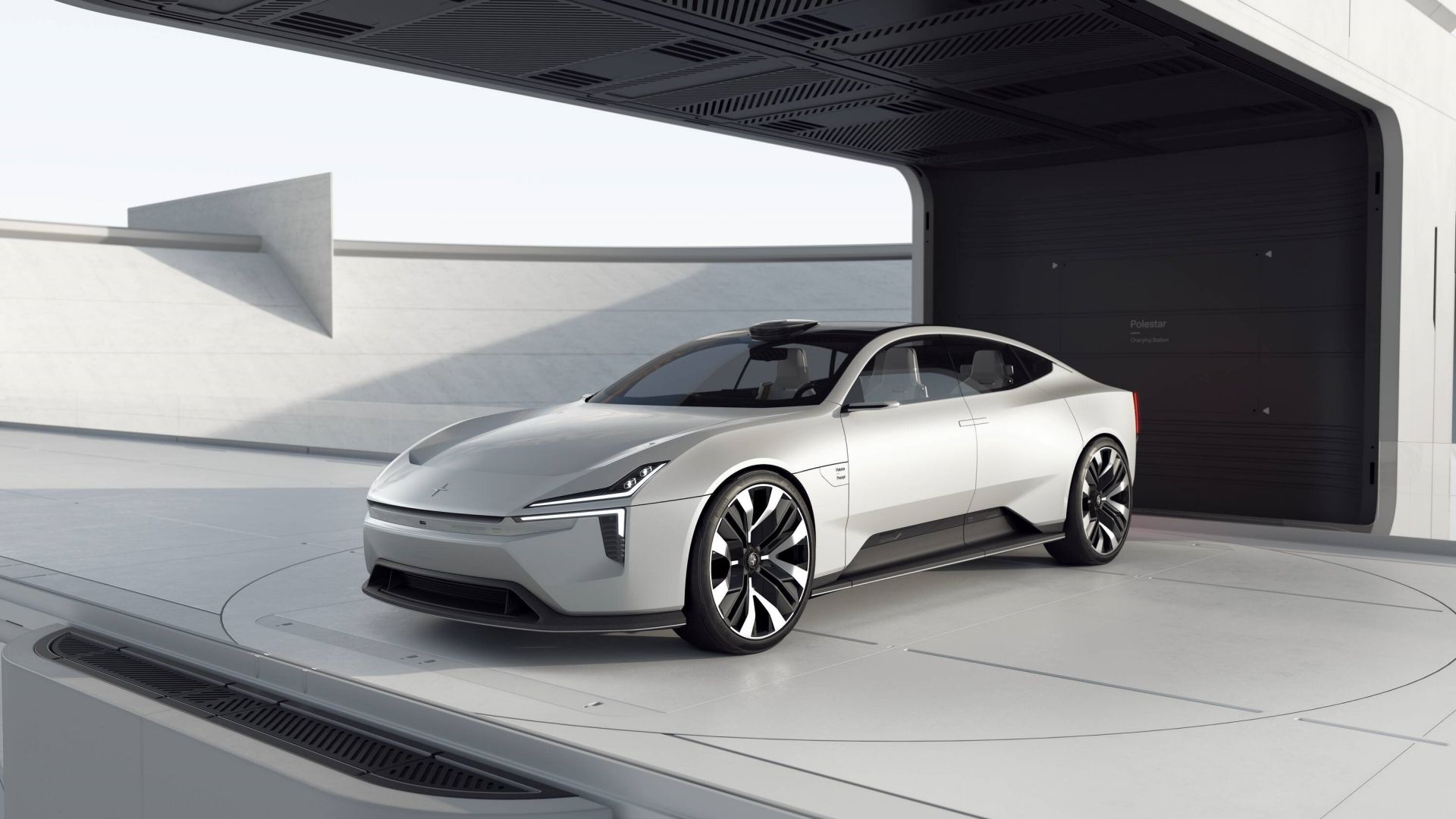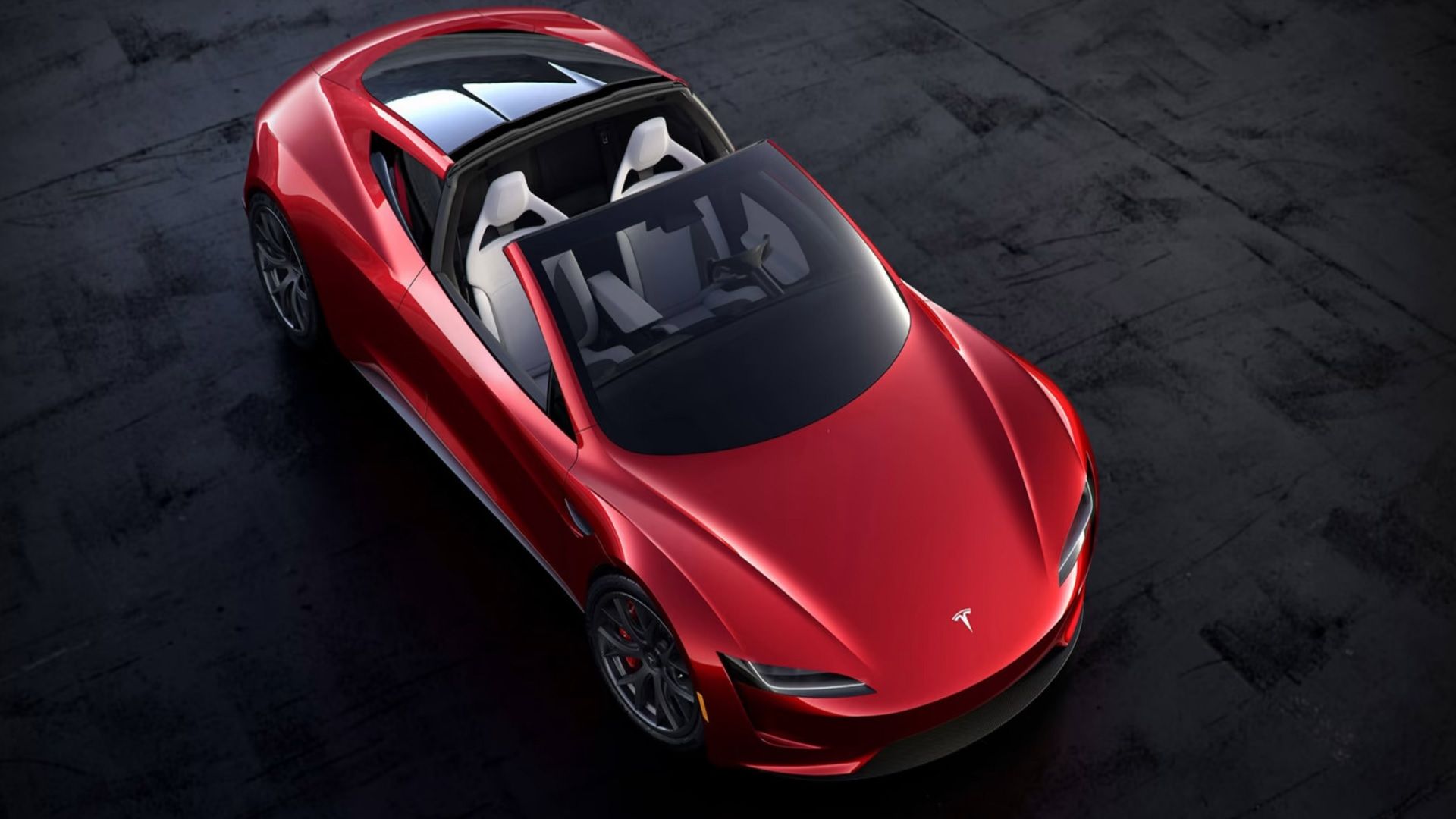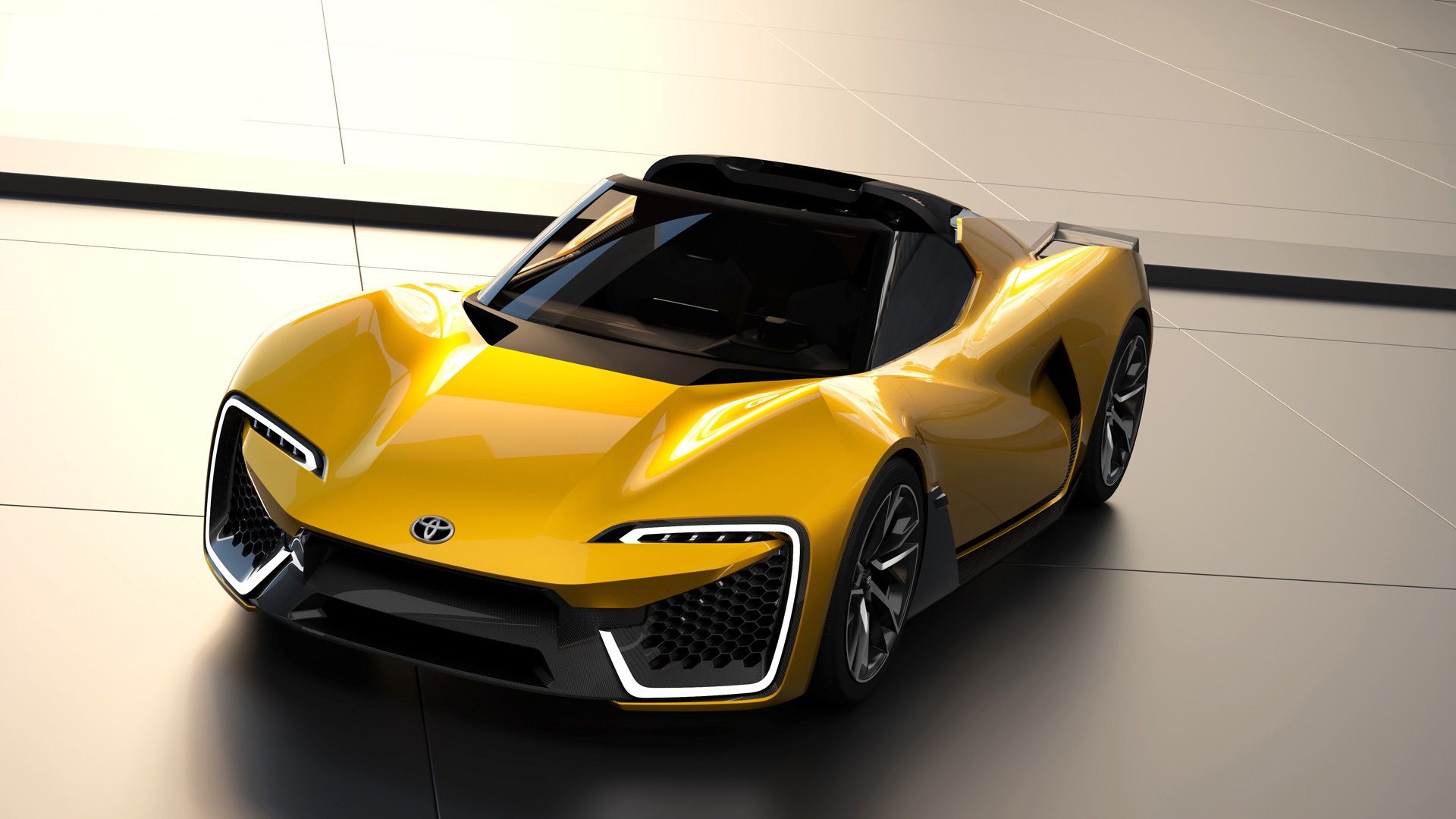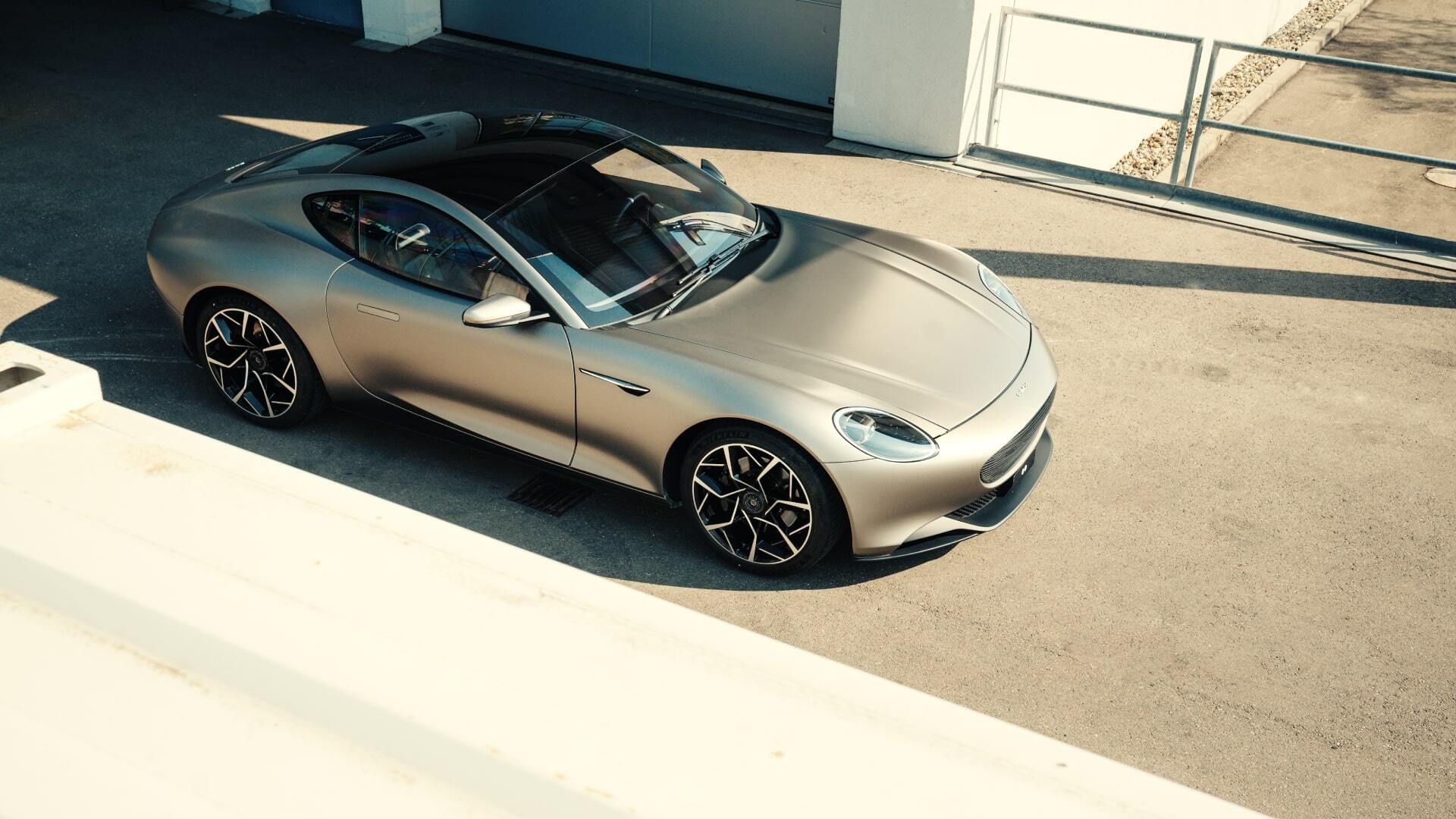Summary
- Electric sports cars are becoming a reality with vehicles like Tesla's Roadster and Porsche's Taycan showcasing impressive performance, but their high price tags and limited charging infrastructure pose challenges for widespread adoption.
- Automakers like Toyota, Porsche, and Hyundai are implementing simulated manual transmissions in EV sports cars to replicate the experience of driving a gasoline-powered sports car, offering a thrilling and eco-friendly option for car enthusiasts.
- While electric sports cars offer better speed, control, and performance compared to gasoline-powered alternatives, they often come with hefty price tags, raising concerns about accessibility and widening the gap between wealthy consumers and the average car buyer.
Sports cars, long adored for their sleek designs and high-performance engines, now find themselves at a crossroads in the ever-evolving automotive landscape. The rise of electric and autonomous vehicles is reshaping the future of sports cars, sparking questions about their continued relevance. With endless companies looking into swapping high-powered engines for even higher-performance batteries, what does this mean for the future of sports cars? Is an electric sports car ever going to be widely driven or accepted?
Electric sports cars are no longer a distant dream but a thrilling reality. With its lightning-fast acceleration and impressive range, Tesla's Roadster is setting a high bar. Porsche's Taycan and Rimac's Nevera also join the electrifying race, showcasing exceptional performance. However, these technological marvels often have a price tag that challenges accessibility. Despite their prowess, electric sports cars grapple with challenges like limited charging infrastructure and the loss of the iconic gasoline engine's roar. These hurdles may slow their widespread adoption.
After all, EV sports cars are new territory for most, with some brands even developing faux gearboxes to simulate what would be standard in a race car. Manual 'stick' shifts are synonymous with modern and classic sports vehicles, so why not if EVs can replicate it? Everything else is becoming electrified, so why leave sports cars in the dust?
EV Sports Cars: A Pipe Dream Or Incoming Breakthrough?
- EV sales currently make up 18 percent of the auto market.
- Vehicle manufacturers have plans to shift sports cars to batteries within the next few years.
As we enter a new market and world, electric vehicle production is ramping up. With projected EV sales for 2023 making up 18 percent of the total market, that's a much smaller figure than many of us wanted to see this late in the game. However, many experts report that EVs could soon become the majority shareholder in the auto world, especially with massive markets like China going full speed into electric consumerism.
That highlights sports cars, especially with many luxury and non-luxury brands considering swapping the engine for a high-powered battery pack. After all, the EV climate has become much more dire to many drivers, politicians, and auto manufacturers in the past 5–10 years. Sports cars aren't treated the same as regular SUVs, sedans, trucks, etc., because they're a luxury. You aren't purchasing a sports car to commute to school or work (well, most people aren't), so auto manufacturers have delayed EV transformations for this car genre until now.
Tesla, Porsche, Toyota, and many other carmakers are testing and developing sports car-like battery packs and other features to give customers a thrill, all without fuel. This could be the dawn of something exciting, but also sparks major debates and fallout among long-time drivers.
With No Engine Under The Hood, Here's How Automakers Are Tackling Electric Sports Cars
- Toyota, Porsche, Hyundai, BMW, Audi, Mercedes, and others have tested/implemented simulated manual transmissions into their EV sports cars.
- This tech is very new, being debuted in the Hyundai Ioniq 5 N.
The simulated manual driving ability is one of the more groundbreaking creations for electric sports cars. These have been deemed "faux gearboxes," essentially giving EV sports car drivers the feeling of a manual transmission, but it's secretly much like a video game. While you drive, your electric car will roar like one with an engine does, all without using a single drop of fuel. That has been implemented by brands like Hyundai, with the Ioniq series being the test hamster of the concept.
Moreover, we're seeing much finer brands, like Porsche, Mercedes, BMW, and Audi, look into this simulated gearbox, with many potential models including it come 2030. After all, the idea that we can still enjoy the thrill of racing while using zero emissions certainly sounds like a win-win situation. But that doesn't mean this tech is perfect. For example, Toyota has spent millions developing this simulated manual transmission into its upcoming EV sports car, with many claiming it could be a game-changer.
We don't know the authenticity of these claims until we're behind the wheel, so we'll trust the brand reps for now. To hear an EV purr is not something many people thought could ever happen, so this is exciting news to us and the racers.
Electric Sports Cars, Although Highly-Contested, Are The Future
With electricity taking over production lines, it's no shock that sports cars with fuel are next on the chopping block. One of the more positive sides of this transition is that many experts weigh in that batteries give sports cars better speed, control, and performance when compared to gasoline-powered alternatives. However, for now, EVs can be quicker than gas-powered cars but are not developed to the point of exceeding them consistently.
That's not to say a racing brand like Ferrari can't do this, but it raises the question of if they will. Porsche has taken strides towards electrifying its fleet, with the Taycan and Macan being standouts. Although these are more family-friendly designs, they do indicate the brand (and competitors) will follow a similar format very soon. You're either at the forefront of EV development or far behind.
To list a few upcoming electric sports cars:
- Acura NSX EV
- Alpine A110
- Aston Martin DB11/Vantage Electric successors
- Audi Rnext (Audi R8 electric successor)
- BMW electric sports car
- Caterham Project V
- Electric Chevrolet Corvette
- Dodge Electric Muscle Car
- Ferrari electric sports car
- Fisker Ronin
Of course, we expect many of these to be out on roads by later this decade, so that's great news for anyone interested in making the switch. After all, this new green technology may save money beyond gas for owners, so it's worth checking out even if you prefer a loud, high-speed ride.
Get Ready To Spend A Pretty Penny On Electric Sports Cars
- Many electric sports cars are set to retail well over six figures.
- Drivers are wary that EVs are only made for the wealthy.
On top of many electric models costing more than gas-powered, sports cars will be no different. A great example of this significant price difference is the 2026 Fisker Ronin, an electric sports car retailing at $385,000. Of course, not all EV sports vehicles will be more than a quarter million dollars, but don't expect to buy one for under six figures (for now). We're seeing luxury brands pour millions into developing these high-speed battery-powered models, all while charging the consumer $100,000, $200,000, and even $300,000.
Most people don't have that much cash sitting around, spending it on a car. Therefore, we're in a bit of a wealthy vs. average consumer battle for electric tech in sports car releases, which hopefully will close as we head into the next decade. EVs have always been a point of contention for the everyday shopper, with many thinking the concept is elitist. The fact many of these EV sports cars prove that point isn't great for the cause, but with further advancement in battery production and simulated manual transmission tech, we could see prices become fairer. Regular EV sedans, SUVs, and trucks are already decreasing in average price, so let's hope that extends to the luxury sports car market.
It's okay to have vehicles on the market for exorbitant price tags, but not all of them.





